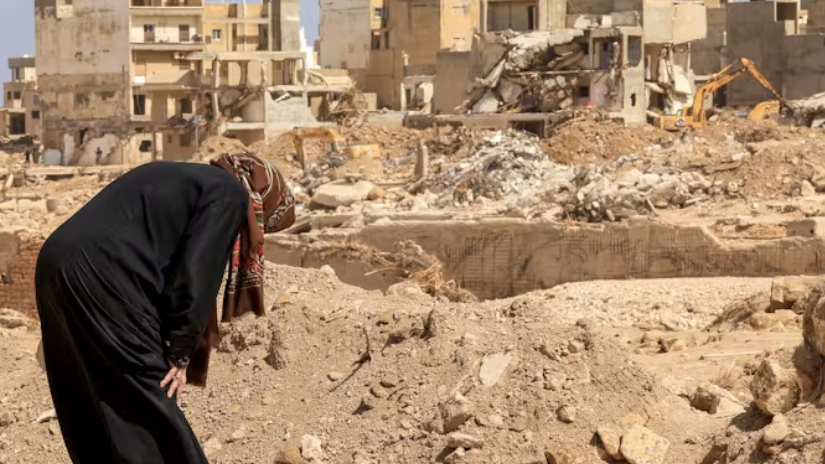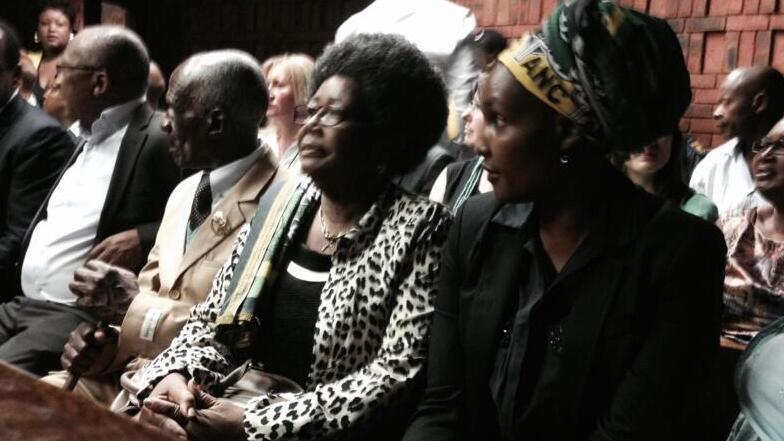
Libya: Between political chaos and economic despair
Libya, a country at a crossroads, is caught in a whirlwind of rivalries that continues to undermine its hopes for unity. The UN recently sounded the alarm, warning that without a true political fusion, the situation could quickly degenerate into large-scale violence. What's wrong with this Libyan puzzle? Is it the result of a lack of political support or a deep desire for power that seems to blind the actors involved?
An eternal struggle for power
Following the fall of Muammar Gaddafi, one might have hoped that Libya would be heading towards lasting peace. Instead, the country has descended into fragmentation and chaos. Local political actors, backed by foreign powers, are more concerned with their personal ambitions than the well-being of the people. The UN has observed a recurrence of clashes between armed groups that swarm across the country, each claiming its right to legitimacy. With elections repeatedly postponed, the Libyan population is beginning to lose hope. Who could agree with them?
The disastrous economic repercussions
Beyond the political aspect, it's essential to address the resulting economic catastrophe. Oil exports, the country's main source of revenue, are continually disrupted by instability. Investors are fleeing, markets are in decline, and the Libyan people find themselves trapped in a vicious cycle of poverty and frustration. How can you hope to build a peaceful future when oil, your only asset, becomes a bargaining chip in a power struggle? This smacks of a dead end.
A call for international solidarity
Faced with this chaotic situation, the international community must wake up. Creating an environment conducive to peace in Libya requires concerted action that goes beyond mere conferences. The UN, as an entity, must truly play its role as an impartial mediator and offer real support to peacemaking forces. This is not the time for political tourism, but rather to take concrete steps to encourage dialogue between rival factions. But for this to happen, political will must also come from the Libyan actors themselves, which seems to be the most difficult part.
In short, despair is slowly but surely setting in in Libya. Without genuine political unity and a burning desire for change, the country risks plunging back into chaos, and its people will continue to pay the highest price for these endless power struggles.



Leave a comment
This site is protected by hCaptcha and the hCaptcha Privacy Policy and Terms of Service apply.